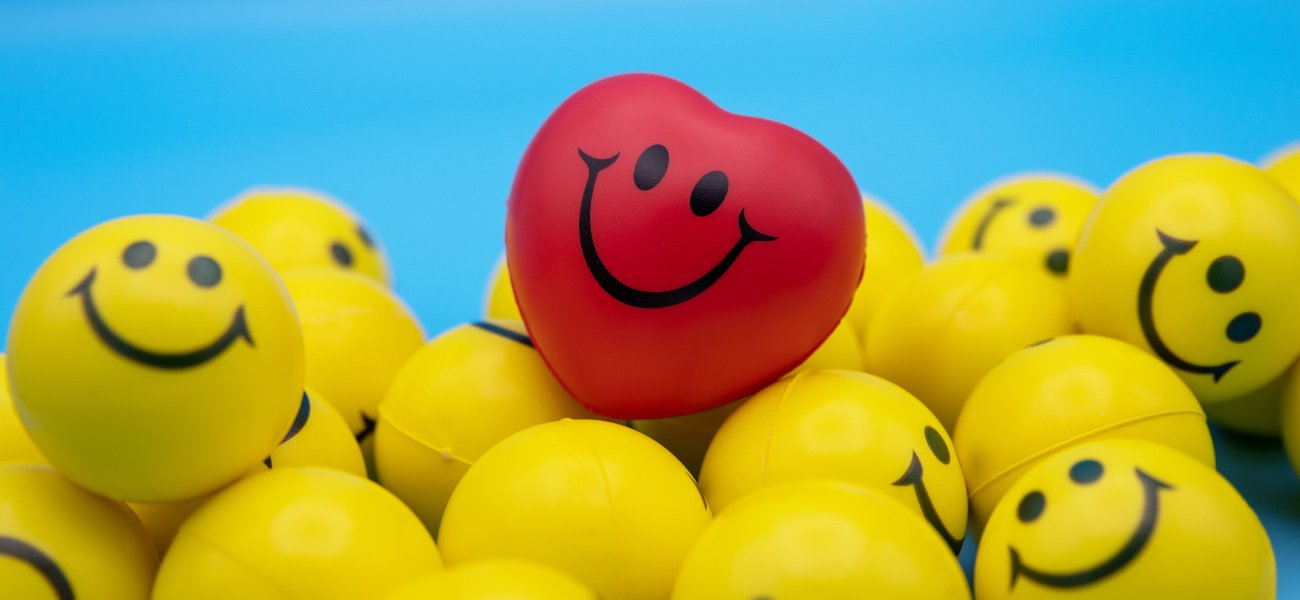Emotions and feelings play an important part in our lives. Without a doubt they can be overwhelming. Emotions and feelings are expressed in many ways, some of these include happiness, joy, excitement, surprise, confusion, shock, anger, hurt, grief, etc. So why do we try and suppress some of these feelings? Sometimes we are so comfortable with our emotions and yet other times we are not, as we find them difficult.
Emotions are often intertwined with mood, temperament, personality, disposition, creativity, and motivation. It sounds like we cannot help how we decipher feelings. Emotions and feelings are a natural and normal response to an experience.
When we feel emotions, we react. We cannot help how we feel, but we do need to take responsibility for our reactions. Our reactions can at times hurt and upset others. Even though we may have become hurt or upset because of something someone did or said.
So, let us unravel this. What are we saying here?
When we feel a particular feeling, unless it is a comfortable one, we are more likely to accept this feeling, but when we are upset or angry, we are more likely to project this feeling onto others as we find it difficult to own it ourselves. Therefore, making it easier on ourselves.
However, what we must do is acknowledge and accept these feelings are from within. We need to own it. Whether we like it or not we have to try our best to accept it and then process it, whether it belongs to us or if someone else has projected onto us. But how and why?
We need to deal with it constructively not destructively.
Firstly, we need to understand what it is that has happened. We may need to take some deep breaths, count to 10, find a safe space, sit down and reflect. Sometimes, we may not have the time or space to ponder but it is important for you to reflect before you react, as that can be harmful. Learning to reflect and having the capacity to process enables one to initiate a new way of reacting; this takes time so do not expect to change overnight.
Plenty of support is available. Contact a counsellor from the BACP website, counselling directory or at Shama and explore your emotions and feelings. Discuss techniques in which you can create change and begin to react differently.
Be a different you; be more loving, kind, just and accepting of yourself.
It’s ok to have flaws as well as strengths.
Being available to children is paramount. It is important to teach them to recognise their feelings and encourage them to be mindful to their reactions too. Suggest tools that can be incorporated. Stress balls for them to alleviate some of the anger, stress, tension, and anxiety they might be facing. Other strategies include, journaling, drawing, some children express themselves through play, drama, participating in activities or interests. These strategies can also apply to adults too.
Many individuals have experienced the following statement: ‘growing up felt like we were seen and not heard’. If we were not heard, then how could we possibly express our concerns and worries.
Sound familiar?
Communication is a form of interaction conveying one’s emotions and feelings. It is rather complex; ‘grownups’ didn’t understand their own emotions and feelings so how were they then expected to explain this to the children. Many of us experience this and cannot help how we feel. Comprehending the emotional awareness enables us to connect with one another in many ways!
So how can we achieve this?
Well here at Shama we have many interventions; counselling, chai and chat, peer support. Take advantage of our interventions. Why not find out what works for you, invest time in yourself and then educate others around you. You owe it to yourself and those who depend on you. So, get started; what are you waiting for? Get in touch for a confidential chat. Speak to our dedicated, friendly staff. And let the awareness begin.







